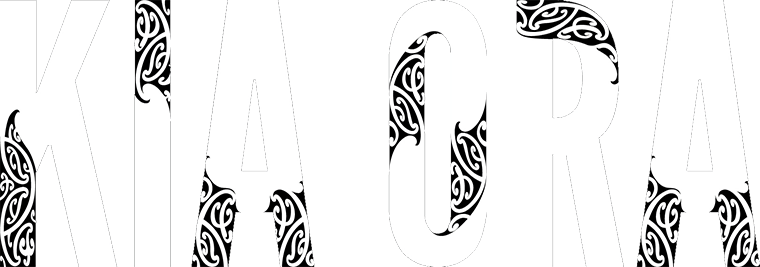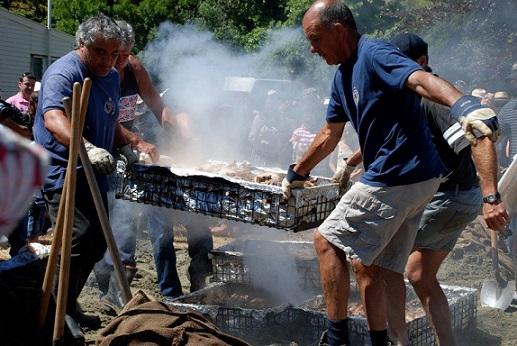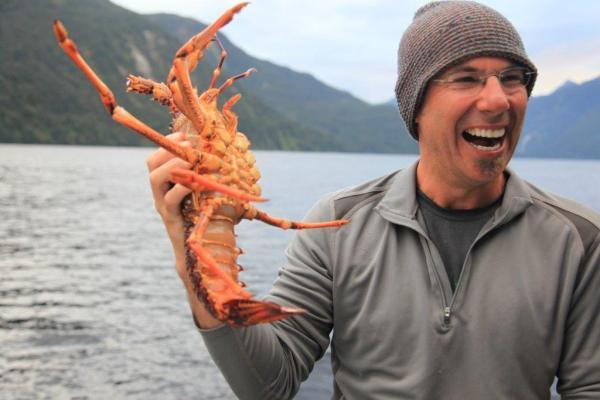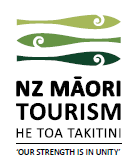A traditional Māori introduction of yourself. It tells people who you are, linking you to the land, mountain, river, sea, tribe, subtribe, whakapapa (genealogy) and marae (sacred meeting place). Here is a simple pepeha:
Tihe mauri ora!
Ko (name of your waka) te waka
Ko (name of your mountain) te maunga
Ko (name of your river) te awa
Ko (name of your tribe) te iwi
Ko (name of your sub tribe) te hapū
Ko (your name) ahau
Let there be life!
My canoe is (name of your canoe)
My mountain is (name of mountain)
My river is (name of your tribe)
My tribe is (name of your tribe)
My sub-tribe is (name of your sub-tribe)
I am (your name)




